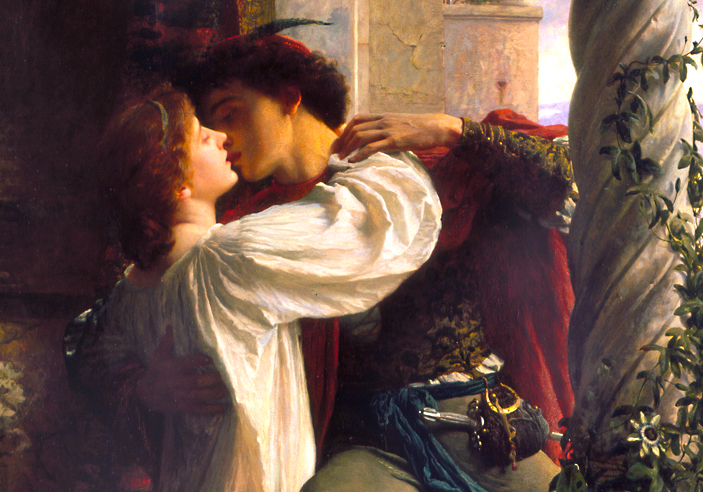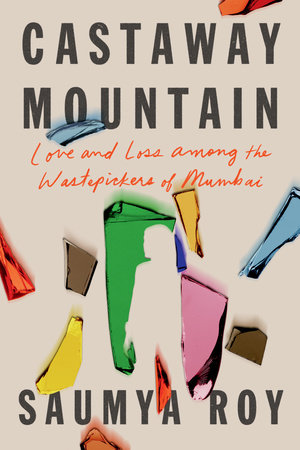In the early stages of writing Castaway Mountain, I recall the narrative taking shape very slowly. My book is set in a world made of Mumbai’s garbage, one that may seem unreal, but is very much rooted in reality. I had written up to the moment when fires burned on the vast Deonar garbage mountains at the edge of Mumbai in 2016. At the center of this story was Farzana Shaikh, a spirited waste picker who was born at the feet of the towering mountains. She grew up on their slopes, getting singed, her life ravaged in the aftermath of the epic fires, months before she turned 18. I wondered if anyone would read ahead, past the fires. Partway into writing my book, I worried about whether I should stop.
But then, I remembered the young man who had entered Farzana’s life like the shimmering pompadour he styled with his hair—filled with style, light and life. The two had met on the mountain tops, as she sorted through the city’s waste that tumbled out of the garbage truck he rode in. The two had fallen in love, keeping their affair secret, shrouded by the smoke from the fires. Even in the absurd landscape of this vast graveyard of belongings, love found a way.
I wondered if it was the darkness and blight of the garbage mountains that made their love appear to shine particularly bright. It was as if the fires, the opposition of their families, and other hurdles had made their love more unforgettable—like so many love stories I had read and treasured.
Many of these stories came to my mind as I chronicled Farzana and Nadeem’s travails. It was social, political, and environmental constrictions that made their love unlikely, but also more searing, almost like fiction. The novels that follow trace the unlikely journey of love bucking against constrictions within and without—making us all worthy of romantic love, readers and writers alike.
Maps for Lost Lovers by Nadeem Aslam
Chanda, “the girl whose eyes changed with the seasons,” falls in love with Jugnu, “the man with luminous hands”, as spring is about to bloom in a small British town. Chanda is trying to put her past filled with failed romances and manipulative men behind, when she meets Jugnu, a scholar of butterflies, while delivering supplies to him. “Chanda and Jugnu would both be dead by the time those flowers became fruit in the autumn.” Their magical love story unfolds within the web of their sometimes bending but hardly unbreaking cultural expectations. As the seasons turn, the web tightens around them and the book turns into a police investigation into their honor killing.
Of Love and Other Demons by Gabriel Garcia Marquez
Informed by his experience as a journalist, Marquez writes of a teenage girl bitten by a dog and is said to be possessed by African slave spirits. Hearing the dire prognosis, her wealthy father offers her up for an exorcism at an abbey. The young priest set to perform the exorcism falls in love with her. We see the battle between colonial Catholicism and Latin American folkloric tradition waged on her body, and then the immensely healing power of love.

Cuckold by Kiran Nagarkar
“Cuckold” refers to a man whose wife is an adulterer. In this celebrated Indian romance novel, the husband is the king of Mewar, the wife is the real life 18th-century saint and poet Mirabai, and the lover is Lord Krishna, who Mirabai believed she was married to. The tension builds between the real marriage and the mystical one, with the husband attempting to woo his wife back from the God, even as wars rage and his kingdom nearly unravels.
The God of Small Things by Arundhati Roy
The beautiful and fierce divorcee Ammu lives with her twin children, Rahel and Esthapen, in Ayemenem, a village caught in the throes of communism and the endless entrails of religion and caste. “There are rules for who is to be loved and how. And how much,” Roy writes in her hypnotic, intense, unforgettable love story set in the ‘70s. Ammu’s family runs Paradise Pickles and mostly lives by “the laws that made grandmothers grandmothers, uncles uncles, mothers mothers, cousins cousins, jams jams and jelly jelly.” Then Ammu and the children see Velutha, their Dalit carpenter, in a communist rally. The unbending laws that dictate their lives begin to quiver and crumble. The powerful last scene is a memory of Velutha swimming across the river to meet Ammu: “he folded his fear into a perfect rose. He held it out in the palm of his hand. She took it from him and put into her hair.”
Blind Assassin by Margaret Atwood
Atwood unravels a story about the interweaving and interchanging lives of two Canadian sisters, Laura and Iris Chase. The novel begins with Laura dying in a car accident and Iris revisiting their lives through Laura’s autobiographical novel, Blind Assassin. Their father, an industrialist, married Laura off to save the family fortune. The marriage was predictably an unhappy one and Laura yearned for Alex Thomas, an old flame and a communist sympathizer who was involved in their father’s factory. Amidst the stories of the Chase sisters’ catering to the needs and whims of the men in their lives, are the memories of Alex recounting science fiction tales about a planet called Zyrcon where anything at all can happen.
The Remains of The Day by Kazuo Ishiguro
A love so unlikely it may not have existed at all and yet so undying that the main character sets out to find it, and himself, decades later. Working as a butler, Mr. Stevens dutifully spent years holding up the vestiges of a mansion and with it, Britain’s declining post-war power and nobility. Miss Kanton, the housekeeper, waited for Mr. Stevens to tire of his efforts of keeping up with this slipping world and to turn to building a life of his own with her. Was the unarticulated and unexamined self even there? Years later, Stevens leaves on a road trip, in a rapidly transforming Britain, to reclaim himself and a love that had stayed unspoken and nearly unfelt.
“Mozail” in The Dog of Tithwal by Saadat Hassan Manto
Against the seemingly endless possibilities of a city that feels as vast and star strewn as the sky itself, this love story unfolds between the glamorous Mozail, who is Jewish, and the newly migrated Tarlochan Singh, who is Sikh. In Manto’s short story, Mozail teases and gets close to Tarlochan on Mumbai’s—then known as Bombay—breezy beaches and cafes, but veers away just as Tarlochan thinks she is his. Bombay’s social rifts come into view as the Partition nears. With Mozail seemingly out of reach, Tarlochan settles for a simple Sikh girl instead. But as riots erupt, Mozail returns, and tragically swaps identities to ensure the safety of Tarlochan’s fiancé.
Some years ago, on a warm afternoon, I walked around the Nagpada area where Manto had lived and where Tarlochan and Mozail’s story was set. I came across an overgrown municipal garden where I had heard a Jewish cemetery had been. I tore down a poster advertising call center jobs from the cement pillar by the gate and saw an engraved Star of David—the only remaining trace of the real life people, the inspiration behind these characters, who lived, loved, and died in this city.

